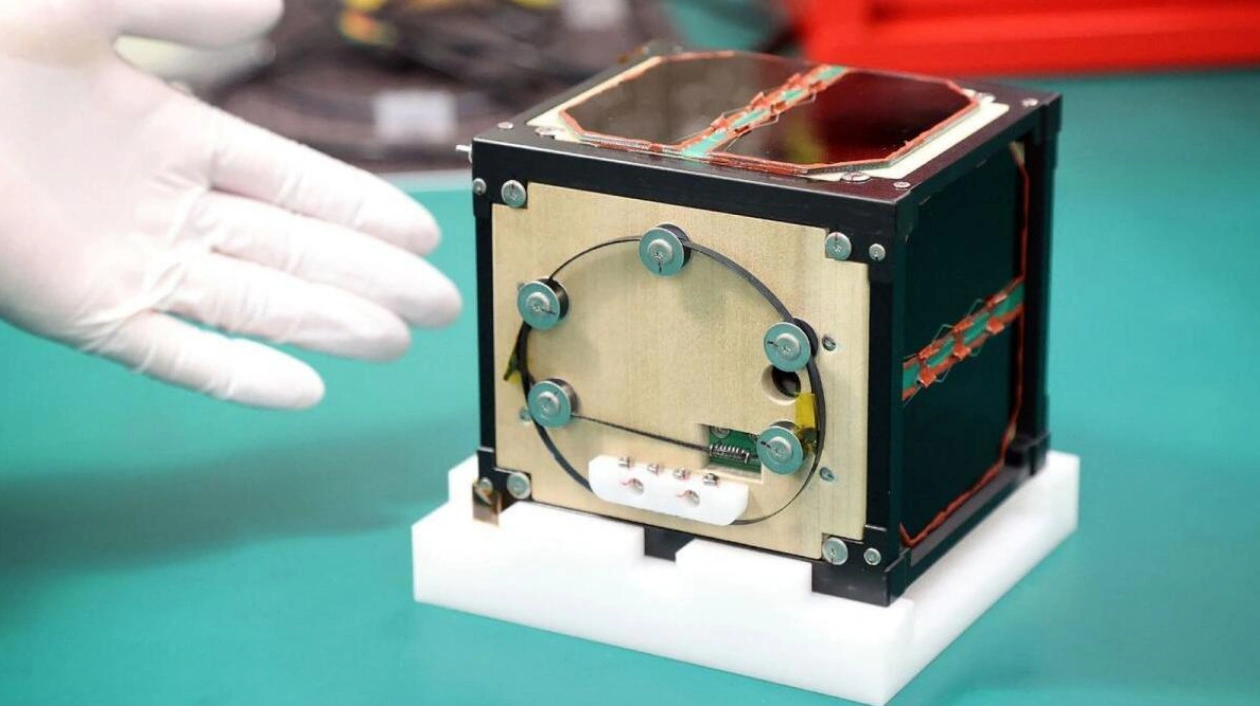Japanese researchers announced on Tuesday that they have successfully created the world's first satellite made of wood. The small cube-shaped satellite, named 'LignoSat,' is set to be launched into space aboard a SpaceX rocket from the United States, potentially in September.
Developed over approximately four years by a team from Kyoto University and Sumitomo Forestry Co., LignoSat combines the environmental friendliness and cost-effectiveness of wood in space exploration. The team highlighted that wooden satellites, when burning up upon reentry into the Earth's atmosphere after their lifespan, have a smaller environmental impact compared to traditional metal satellites, as they produce alumina particles that could negatively affect weather and communication.
This breakthrough is regarded as significant for both the space and wood industries, according to a joint press release from Kyoto University and the Tokyo-based wood products company. They emphasized its potential to expand the sustainable use of wood resources.
LignoSat, a 10-centimeter cube constructed from 4 to 5.5 millimeter-thick magnolia wood panels, includes some aluminum components and solar panels. Notably, it is assembled using a traditional Japanese method that avoids screws and adhesive materials. The team has verified the durability of the wood in the challenging conditions of outer space.






